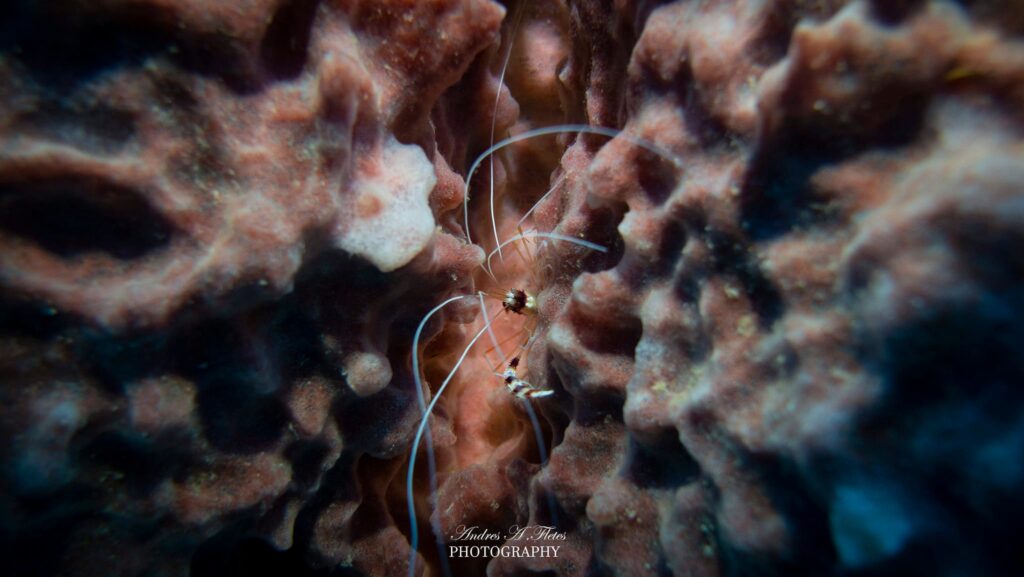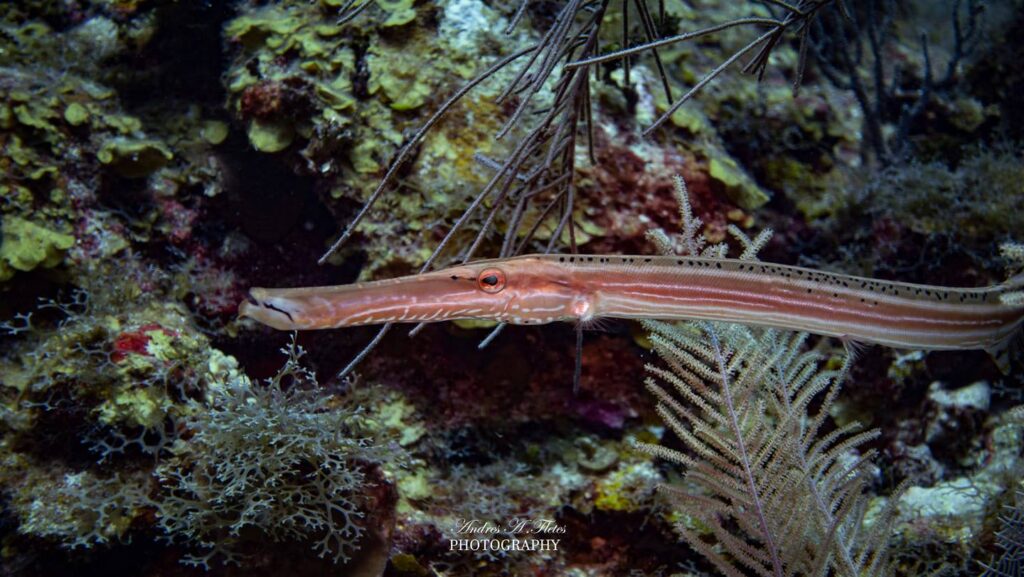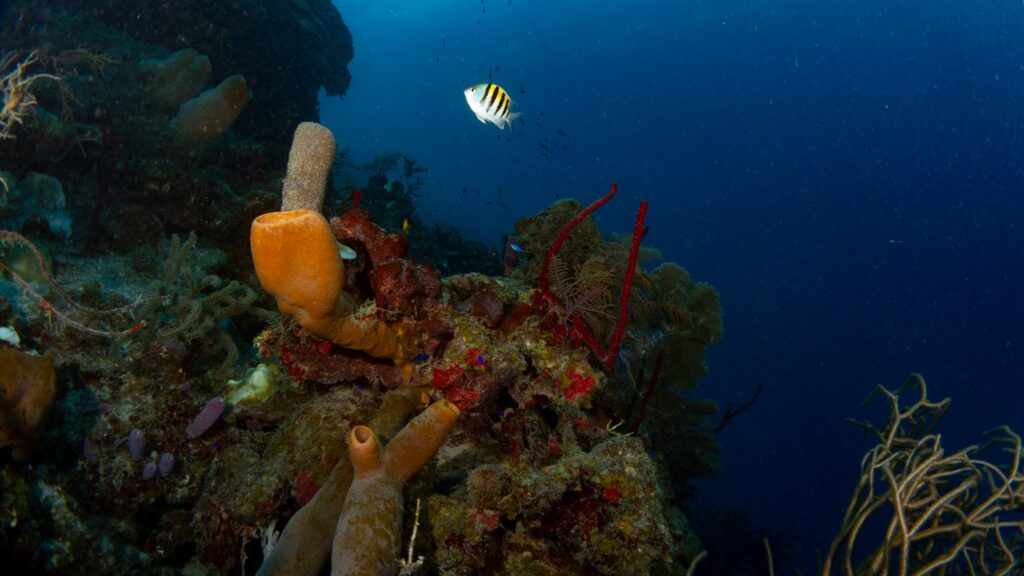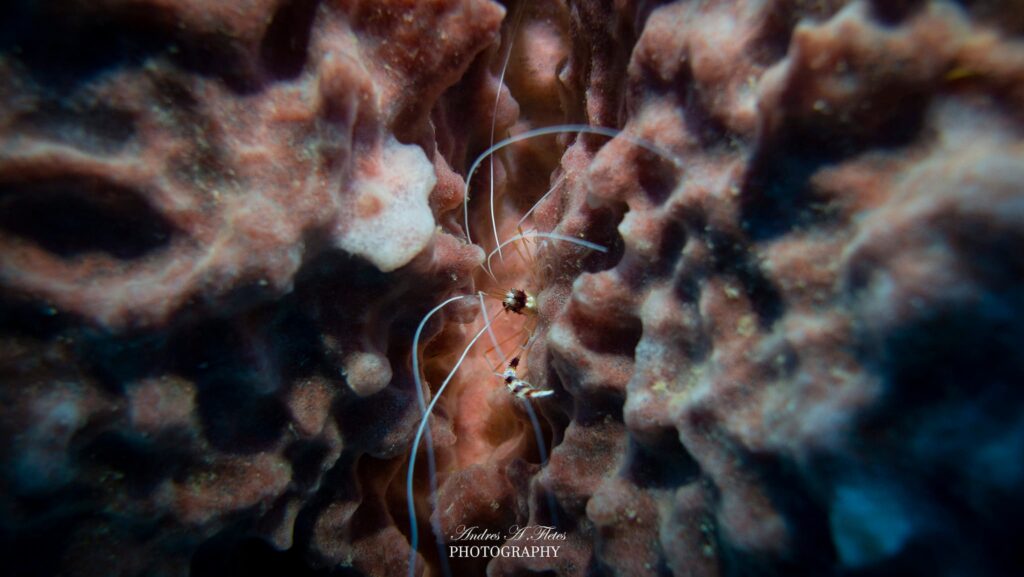By: Chalsey Gill Anthony, Environmental Communicator and Advocate, Belize
The Caribbean’s history is one of resilience and resistance, of small nations standing tall against seemingly impossible challenges. From the fight against colonial exploitation to the modern-day battle for climate justice, our region has long understood the stakes of decisions made by the powerful that affect the vulnerable. Now, as the world faces the prospect of deep sea mining, Caribbean nations like Belize are once again called on to defend our shared heritage.
As we stand at this juncture, the question remains: Will we allow others to sell our ocean’s future for profit or will we prevent history from repeating itself?
The Weight of History
Historically, large, resource-rich nations and corporations have used their power to exploit resources with little regard for the consequences, leaving smaller, vulnerable nations to bear the brunt of environmental destruction. But this region has never been content to settle.
We led the charge on the 1.5 to Stay Alive movement, causing global climate negotiations to recognize the existential threat of climate change. Year after year, our leaders—CARICOM Heads of State—consistently call for adequate funding to cope with the impacts of the climate crisis. Leaders like The Bahamas Prime Minister, Hon. Phillip Davis, boldly declared that funding needed for small islands to cope with climate-related loss and damage is not charity—it is a climate justice issue. “This is about responsibility, accountability, and building a future where those who have polluted the most, contribute the most to cleaning up the mess.” Grenada’s Prime Minister, Hon. Dickon Mitchell, who called for “urgent and adequate climate financing,” reminds the world that the Caribbean has never been silent in the face of environmental injustice. Prime Minister Terrance Drew of Saint Kitts and Nevis affirms, “A sustainable future for [Small Island Developing States] (SIDS) demands more from us all!”
We’ve demanded action and continue to stand firm in the face of many challenges.
Belize’s Ocean Conservation Efforts
Belize, a country deeply connected to its marine environment, has taken significant strides towards ocean conservation. The moratorium on offshore drilling, championed by Oceana, was a landmark achievement. More recently, the innovative Blue Bond initiative and Project Finance for Permanence have demonstrated Belize’s commitment to a sustainable blue economy.
We have an opportunity to outline potential economic and environmental strategies that prioritize sustainability over exploitation. At a recent workshop on deep-sea exploration and research, the International Seabed Authority (ISA)—the entity responsible for regulating deep-sea mining—called for Caribbean nations to take a leading role in ocean stewardship and innovation. As the ISA gears up for its 30th Session in Jamaica in March 2025, Caribbean countries like Belize and island nations have a critical opportunity to shape the future of the deep sea.
What are the Consequences of Inaction?
Our Caribbean history is shaped by colonization, as our ancestors were brought from distant lands to sustain an economy that thrived on exploiting the region’s vast riches and resources—actions carried out with little regard for the cultures and ecosystems they disrupted.
Today, we face a new kind of exploitation—one that threatens the very life support system of our planet: the ocean. From the pristine coral reefs of the Caribbean to the mysterious depths of the Pacific, the ocean is a vital part of our planet’s life support system. It regulates our climate, provides food and livelihoods for millions, and is home to countless species, many of which remain undiscovered.
There is no doubt about how valuable the ocean is to our very existence. Is it truly in our best interest to exploit this precious resource without fully understanding the consequences? Should we not prioritize the long-term health of our ocean over short-term economic gains?
Deep-sea mining hinges on the premise that, to save the planet, we need more metals to power a green transition. But can we not achieve this by embracing sustainable alternatives like innovative battery technologies, circular economies, and better recycling?
At the recent COP29, we once again witnessed the lack of commitment from major polluters to address the climate crisis. You may have heard about the cautionary tale unfolding at the International Court of Justice (ICJ) today. Vanuatu and Pacific leaders, supported by youth and civil society, are challenging major polluters to take responsibility for climate-induced harm. Could this case set a precedent for climate accountability and inspire similar legal actions against those who threaten not just our planet, but our very existence?
We are at the beginning of a significant change that could reshape our world and everything we know about it. Mining corporations and their sponsoring states are not waiting for the International Seabed Authority (ISA) to finalize its mining code. This regulatory gap creates an environment where profit-driven decisions could bypass comprehensive environmental assessments. Once exploitation begins, the damage could be irreversible, undermining global biodiversity and climate goals. If mining corporations aren’t waiting for the mining codes, is deep-sea mining really about green energy, or is it a destructive industry driven by greed—one that threatens delicate ecosystems?
Do we want to spend the next 20-30 years grappling with the fallout of deep-sea mining? Or will we act now to prevent the irreversible damage it could cause? We must not allow the mistakes of the past to be repeated.
A Global Movement
We’re not alone in this fight. Thirty-two countries, including the Dominican Republic, Mexico, Guatemala, and Honduras, are calling for a precautionary pause, a moratorium, or even a ban on deep-sea mining. These nations demand that no mining proceed unless it can be proven safe and sustainable.
Will Belize and the rest of the Caribbean join this growing wave of opposition? As island nations, our heritage is deeply connected with the ocean, but there are even deeper risks! To stand by while mining corporations plunder the deep would not only betray our marine allies but also undermine the global fight for environmental justice and our commitment to protecting 30% of the planet’s lands and ocean by 2030.
In her speech at the COP26 World Leaders Summit, Prime Minister of Barbados, Hon. Mia Mottley, fearlessly yet rightly asked: “How many more voices and how many more pictures of people must we see on screens without being able to move or are we so blinded and hardened that we can no longer appreciate the cries of humanity?”
PHOTO CAPTIONS:
- Beautiful sargeant major, Belize. Photo Credit: Above And Below — By Andres Fletes

- Trumpet fish, Belize. Photo Credit: Above And Below — By Andres Fletes

- Banded boxer shrimp, Belize. Photo Credit: Above And Below — By Andres Fletes

The post Deep Connections, Deeper Risks (Part 5): Caribbean Countries like Belize Must Choose Between Exploiting the Deep Sea and Defending Our Ocean first appeared on Emonews.
